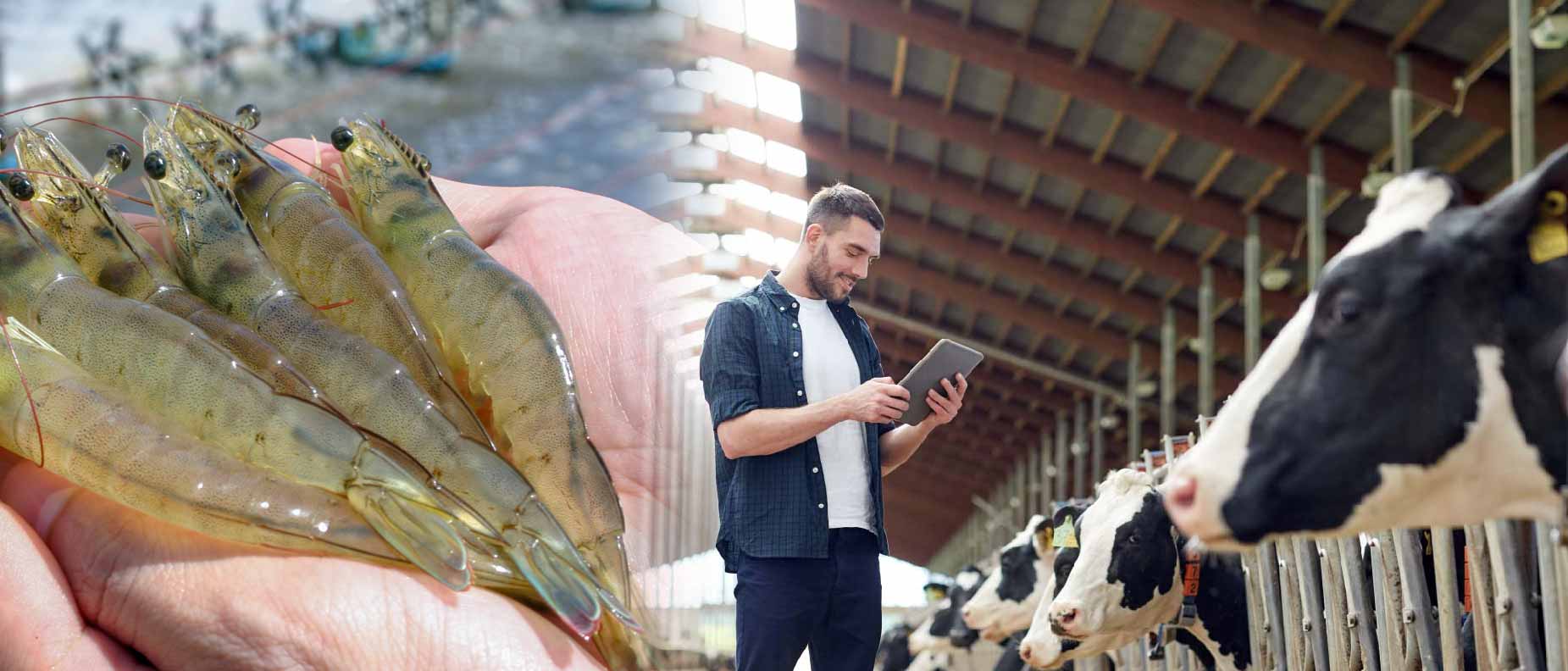
Inflicting sterility upon crustacean embryos through oocyte targeted dsRNA piggy backed on vitellogenin derived peptide
Introduction
According to analysts revenue from the global shrimp market is estimated at US$ 39.1B in 2017, and is expected to reach US$ 67.5B by the end of 2027. Sales revenue is projected to register a CAGR of 5.6% between 2017 and 2027. M. rosenbergii, also known as the Giant Freshwater Prawn, is one of the major species in prawn aquaculture (over 200,000 tons annually) and is widely cultivated in several countries for food. However, a decrease in culture yields during recent years calls for the introduction of advanced technologies to increase yields.
In order to achieve a breakthrough in durability, sustainability and yield for universal applications, populations harboring specific, beneficial traits are needed. Utilizing the normal prawn reproduction physiological processes, the proposed technology is aimed to develop a delivery tool into the developing oocytes. This will be used for the production of prawn populations with specific traits that improve yield and other desirable properties with an emphasis on causing sterility. In the case of environmental application, the issue of sterility is desirable in order that the prawn or crustacean should not become an invasive species.
A delivery tool specific for oocytes has not been developed yet in crustaceans and we aim at developing the first system as a vehicle to deliver specific RNA or other compounds into oocytes to manipulate genes related to selected traits. The technology is perfectly suitable to be used in FoodTech as it does not use hormones or chemicals and it is a completely non-GMO technology namely does not produce genetically modified prawns. Therefore, there are no specific regulatory approvals needed by food industry and authorities.
The Technology: delivery into developing oocytes
Relying on specific receptor-ligand interactions, we have developed a new delivery tool based on small peptides carrying their cargo specifically into developing oocytes. The technology represents a tool to introduce specific traits in prawn populations, currently focusing on sterility. The proposed technology is flexible and cost-effective, well suited for high-end aquaculture populations or environmental biocontrol applications.
Advantages
- Applicable to a wide range of aquaculture crustaceans and pest control agents
- Non-genetically modified technology
- Full control and dependency on Shrimp producers who own the technology
- Patentable product
- Fast and simple regulatory pathway
- Short time to market
- Wide commercial applicability
Patent Status
Provisional patent No. 62/887,050 filed August 15, 2019
Principal Investigators
Dr. Isam Khalaila, Department of Biotechnology Engineering and Prof. Amir Sagi, Department of Life Sciences and NIBN, Ben-Gurion University of the Negev, Israel.
